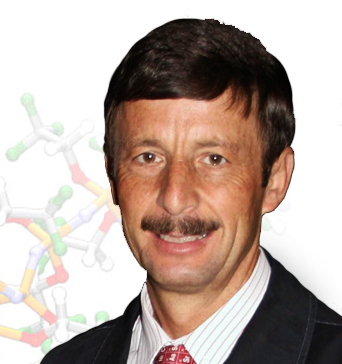 Prof Riaan Luyt
Photo: Supplied |
Prof Riaan Luyt from the University of the Free State’s Qwaqwa Campus has started a 12-month sabbatical in Qatar. This follows an invitation by the Qatar University in Doha to work as a research professor at the university's Centre of Advanced Materials.
In the 21 years that he has spent on the Qwaqwa Campus, Prof Luyt has published more than 165 research papers in international scientific journals and has had over 1 850 citations by other international scientists. He also reviews scientific research on polymer science in more than 10 journals.
“There were no science laboratories when I first came here and I made it my mission to establish them as soon as possible as I was passionate about research then, as I am now,” said Prof Luyt.
He has supervised twenty five master’s and eight doctoral students and is currently supervising five master’s and six doctoral students. Prof Luyt also serves on the International Advisory Board of eXPRESS Polymer Letters – one of the leading polymer science journals.
In 2012, he was listed as the second-best researcher at the UFS and is a regular keynote speaker at international conferences. He has mentored many students who are now leaders in the industry. One of his current doctoral students came to the university as a student in the University Preparatory Programme (UPP), who had not passed matric well enough to be admitted. Yet, Prof Luyt mentored her to where she is today – currently finalising her PhD in Polymer Science.